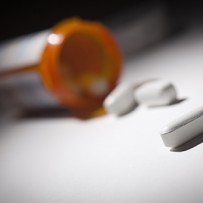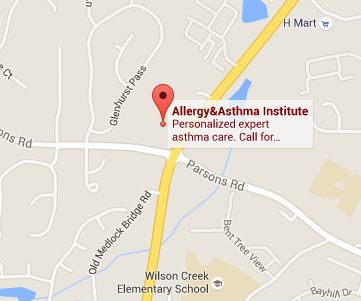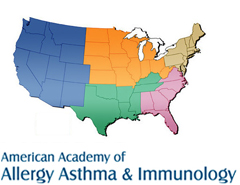Drug Allergies

Drug allergies are a group of symptoms caused by an allergic reaction to a drug (medication). Adverse reactions to drugs are common. Almost any drug can cause an adverse reaction. Reactions range from irritating or mild side effects such as nausea and vomiting to life-threatening anaphylaxis. The most common signs of a drug allergy are hives, rash or fever.
Most drug related symptoms are not true drug allergies. Your allergist can help you distinguish between the different types of reactions. Drug allergy occurs in fewer than 3% of the population. However, the causes are numerous and the severity of reactions varies.
The most common cause of drug allergies is penicillin. Other antibiotics and classes of drugs can also cause a large number of drug allergies. Drug allergies are diagnosed by a careful review of the patient’s medical history and symptoms by an allergist. If an allergy to an antibiotic such as penicillin is suspected, your doctor may do a skin test to confirm the allergy. However, skin testing does not work on all drugs and in some cases could be dangerous.




